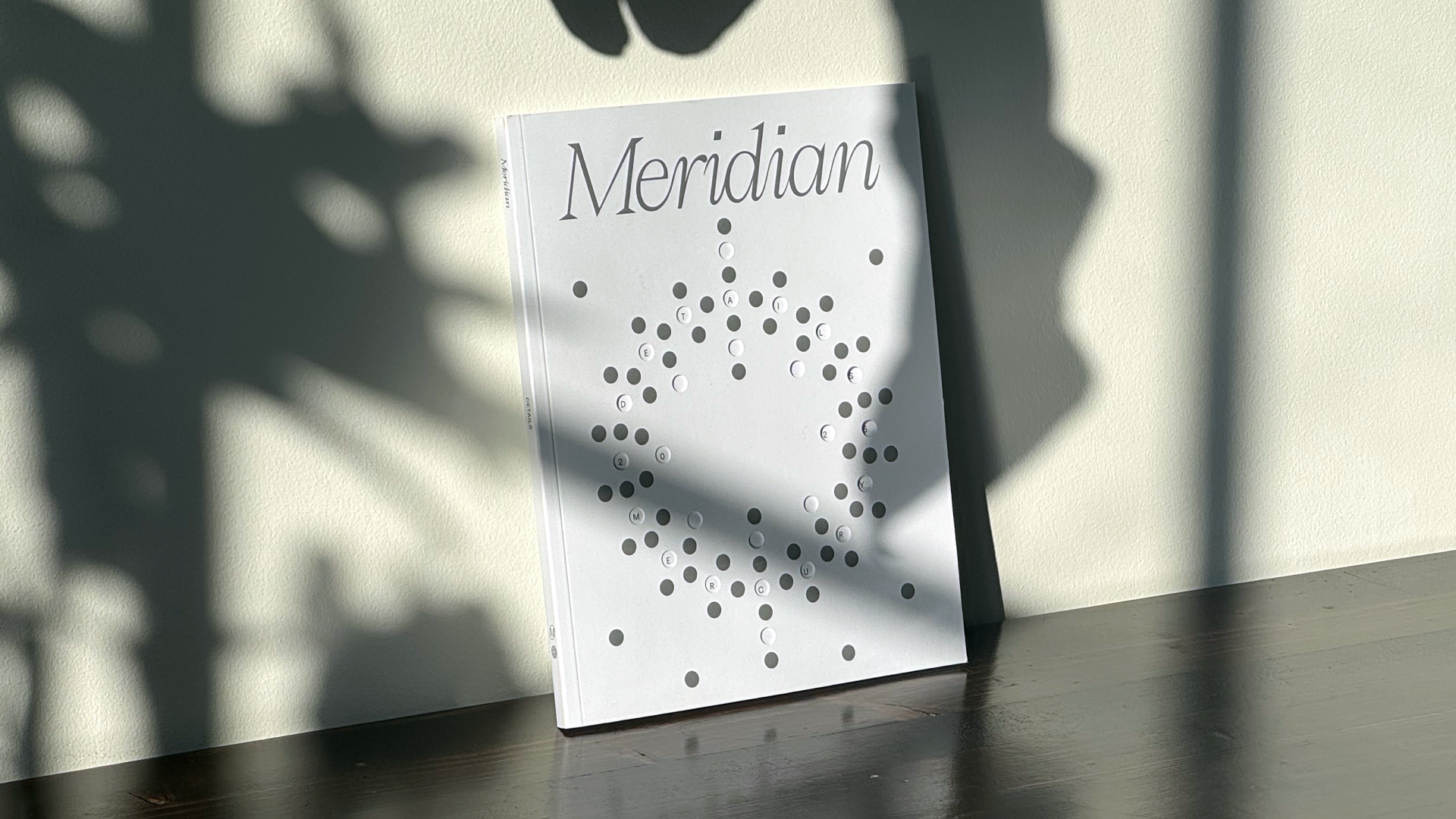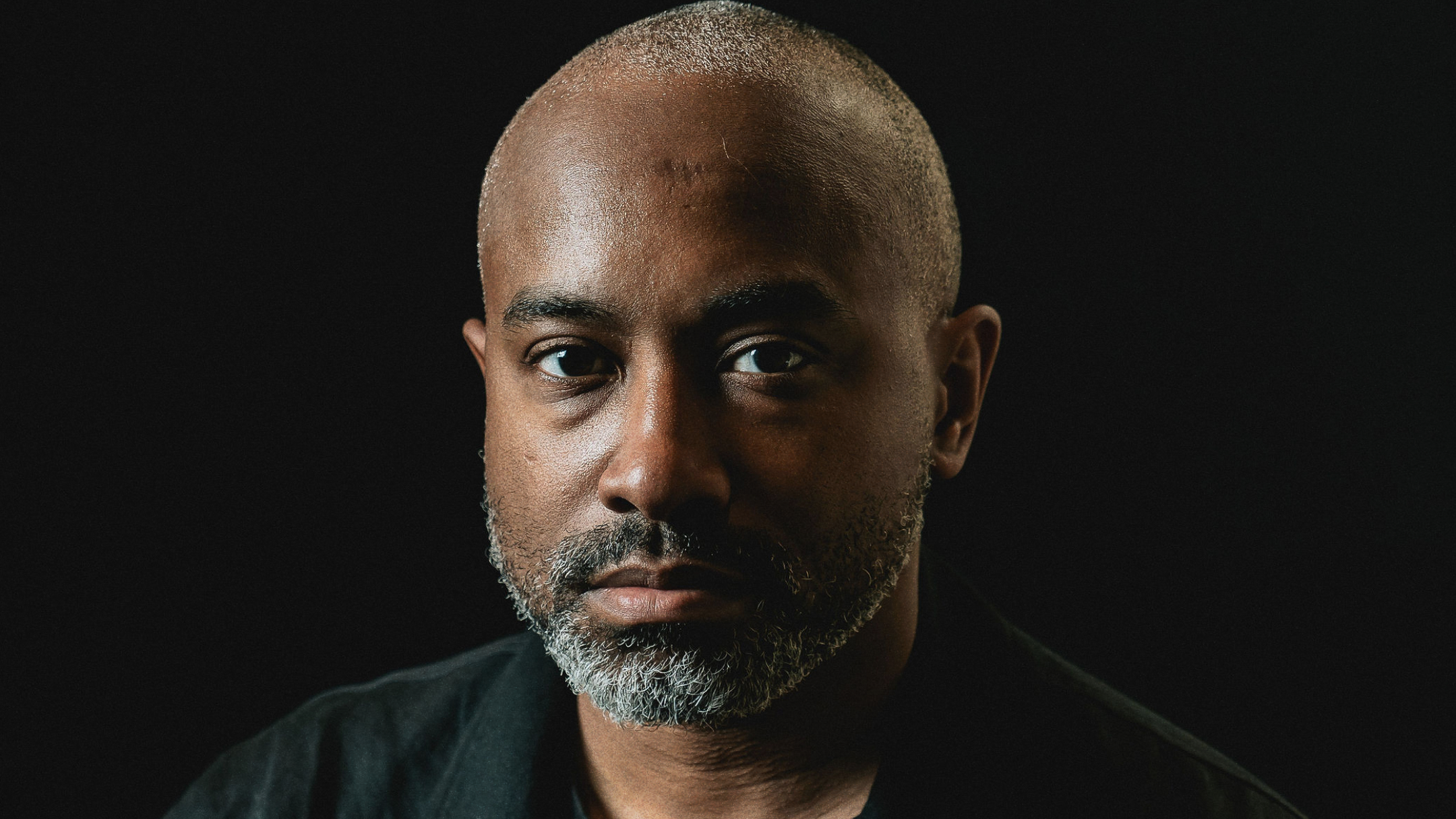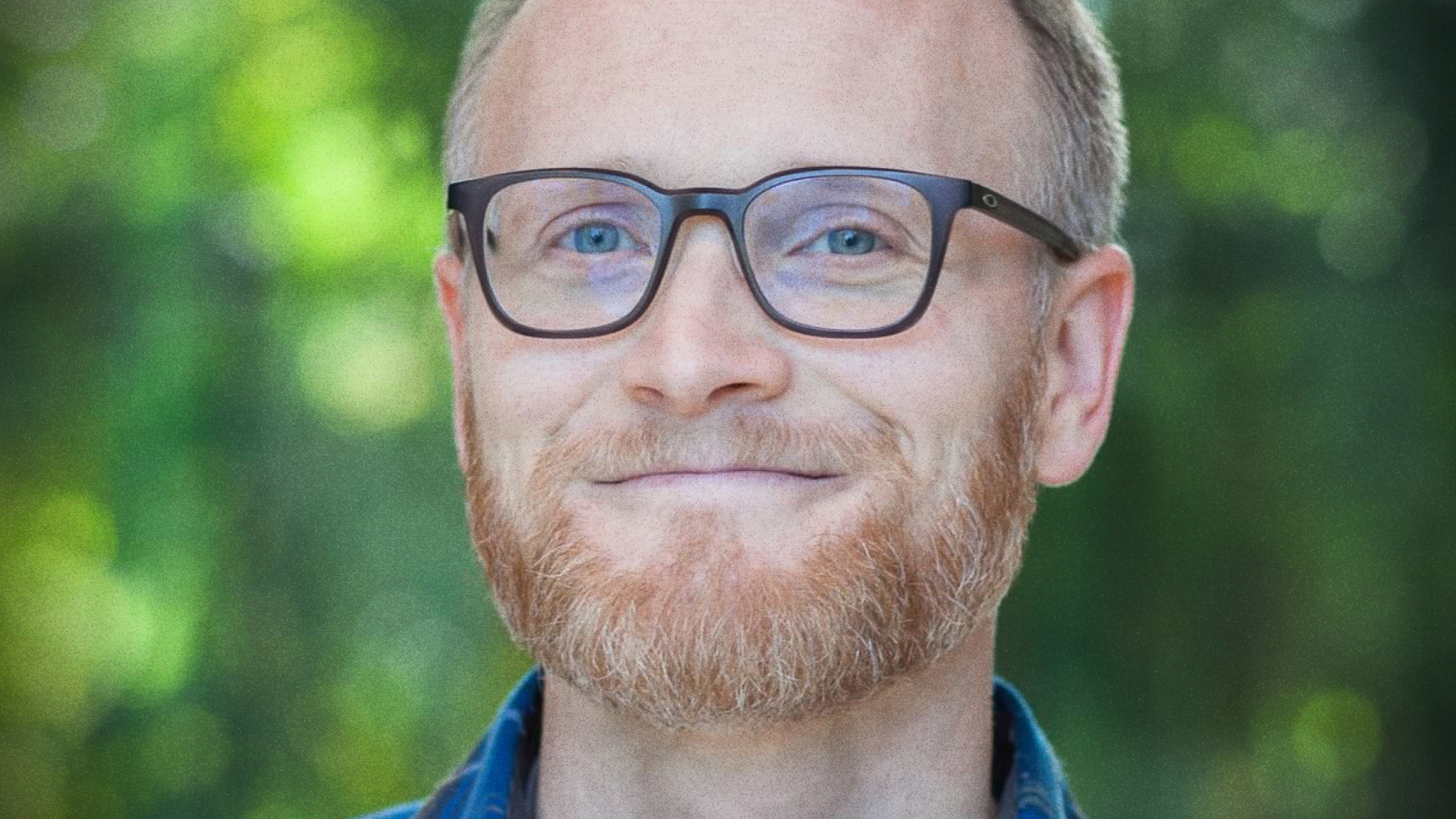Points of view: How editor Paige Schwartz knows when something is finished

A single idea can open in countless directions.
Points of view gathers perspectives around a concept, with each participant choosing their own journey through questions, answers, and the imagination and marvels in between.
For our first Points of view, we explore the concept of details — and how a few sharp minds have polished their ability to tune into them and the subtle signals that separate good work from great work. What follows is a glimpse into that fine-grained attention and how it moves the work forward.
Here, we spoke to Paige Schwartz, Editor in chief & CEO of Copytree, a boutique content and writing agency for tech companies. Schwartz shares her thoughts on the shape of finished work, the feeling of being in flow, and the small, but meaningful ways that writing can connect people.
Read more stories like this one in Meridian: Details — on the subtle choices that shape how ambition comes to life.

What role do your senses play in your process?
I write by listening. It’s like the next words are just out of earshot but I can hear, in my brain, the beats that they need to take — sort of like when there’s a melody you haven’t heard before but you still can anticipate where it’s going.
It’s strange because it feels like sometimes my thoughts are even created out of this music, and not the other way around. There’s a certain shape, or rhythmic pattern that the next sentence needs to take and so I have no choice but to come up with the thoughts to fill it.
Even though I write with my ear, I do the final stages of editing with my eye. And I might have looked at a Google Doc a million times, but when I get the opportunity to QA a piece of content on a client’s blog, right before it goes live, I always find a few things I want to change. In that new visual space, a headline suddenly seems not quite right, a repeated word or phrase stands out.
What makes something finished?
Often I end up cutting about half, and then when I don’t think there’s anything left to cut, I cut again. When I was younger I used to save the scraps in a “graveyard” at the bottom of each document. Now I’m less precious. If it’s good it will come back to me later.
There’s a certain shape, or rhythmic pattern that the next sentence needs to take and so I have no choice but to come up with the thoughts to fill it.
One of the last things I do is what I think of as the scroll test. It’s the equivalent of a painter taking a few steps back from the easel to size up their work. I scroll through the piece rather quickly, and I skim read it, but I’m not really looking at the contents so much as the heft and shape.
It needs to have the right amount of whitespace, the right length of sections, and there should be a briskness to it, an ease. It should feel approachable, like a person who has dressed for the occasion and is ready to greet the reader with their hair brushed and their hand outstretched.
What does it feel like to be in a flow state as you work? What changes in your body, your attention, or your environment?
I have a puzzle made of words and I know that I will find a solution, and I am not concerned with progress — I’m just thinking about the immediate task at hand, which is likely as small as a phrase and never bigger than a concept I can hold in my head at once.
I think focus comes from confidence. Knowing that even when the work isn’t clicking, by persisting in a state of full attention I will eventually be finished.
When I’m deep in the middle of writing or editing something you could be standing right next to me asking me what I’d like for lunch and I would have no idea what you said. (Source: my husband.)
What’s a detail you notice that others tend to overlook?
I think what everyone understands about technical writing is that one wrong word or inaccuracy can undermine your credibility a ton. But what people don’t talk about is how much room there is between “sort of right” and “right,” especially at the cutting edge, where the language gets fuzzy and everyone is still making things up.
Even when the work isn’t clicking, by persisting in a state of full attention I will eventually be finished.
We wrote this article about Model Context Protocol recently that was supposed to be a primer, and I agonized over whether we were using terms like “MCP host” and “MCP server” correctly because the docs themselves were so confusing. And sometimes you’ll have engineers read it, and they’ll be like “this sounds fine,” but it’s because there is a lot of imprecision within technical writing, even from the people who are building the tech — and it’s just tolerated.
The temptation to let things go or decide something is good enough is always there. But if I’m not looking out for the details, no one is going to magically come and make the world more clear and more correct for me.
What’s the quietest way your work speaks to the world?
Writing and reading makes people feel understood, and the tiniest and most precise moments of recognition can connect us most intimately. I once had someone email me out of the blue because I wrote about a computer game from the 90s that particularly scared me as a child, to tell me that he remembered that same computer game and had also been frightened.
If I’m not looking out for the details, no one is going to magically come and make the world more clear and more correct for me.
I read a novel recently, and when I finished it I happened to read an interview with the author. They asked him what his personal favorite part of the story was. There were many dramatic parts, but he chose a minor scene at the beginning that had nothing to do with the plot at all. The narrator’s flight is delayed and he’s trying to get information from a gate agent, who’s perfectly poised and deeply unhelpful. The author seemed almost embarrassed, thinking he was probably the only person who liked that scene.
But looking back, that had been my favorite part. I knew that airport gate, knew that gate agent, and that moment of recognition gave me so much pleasure and catharsis. Reading this interview, I felt very close to that writer, because I also understand wondering if you’re the only person who cares. You’re not.
Read more Points of view on details — with 500 Global partner Clayton Bryan, Nopalera founder Sandra Lilia Velasquez, and Esri UX designer John Nelson.



